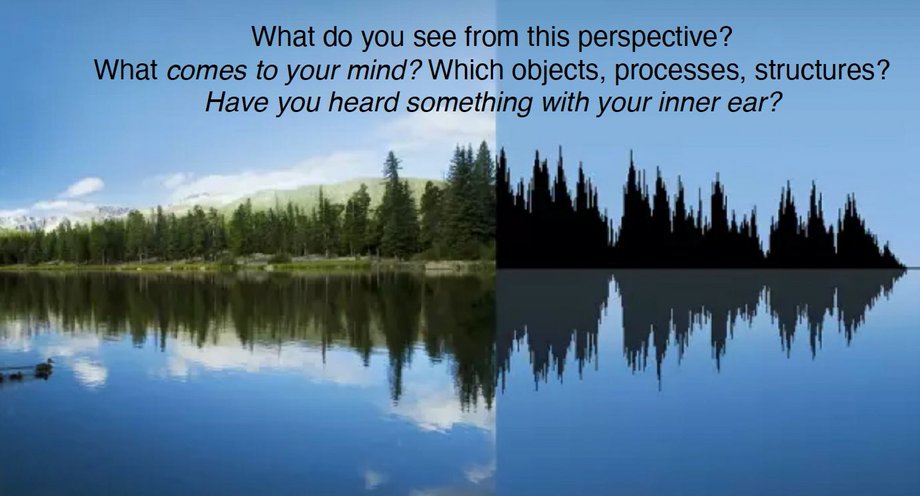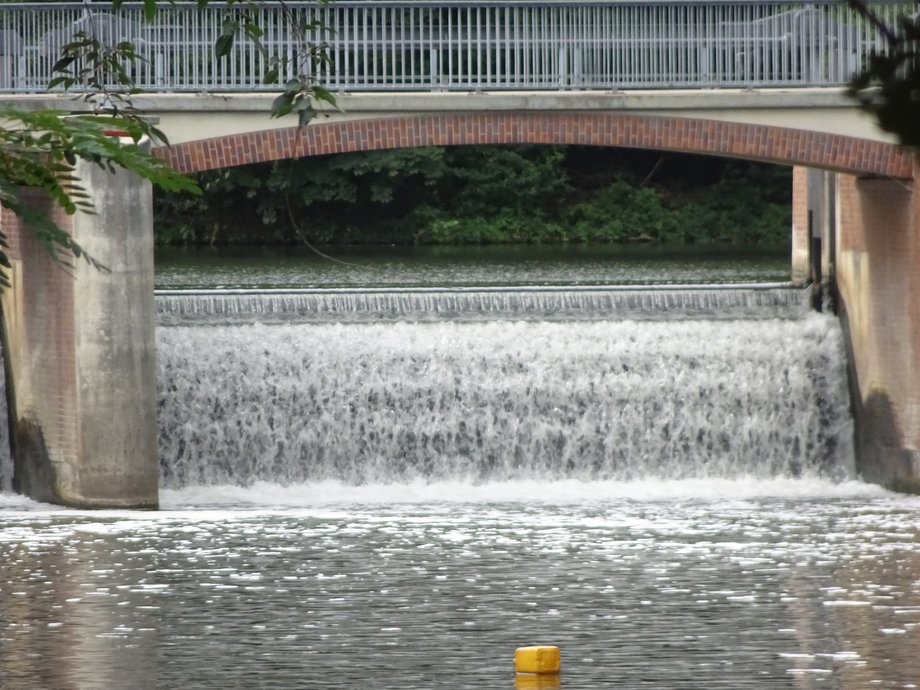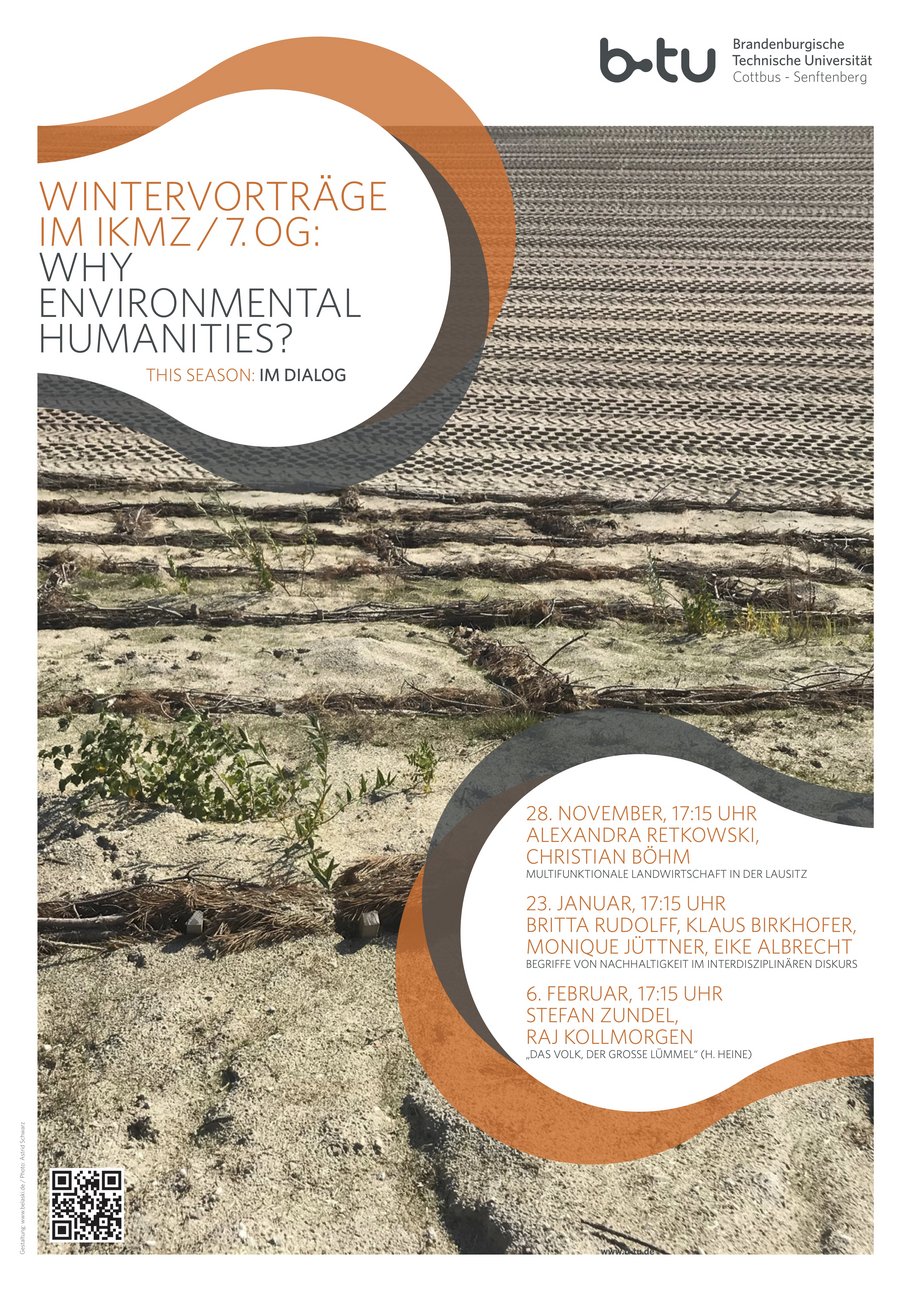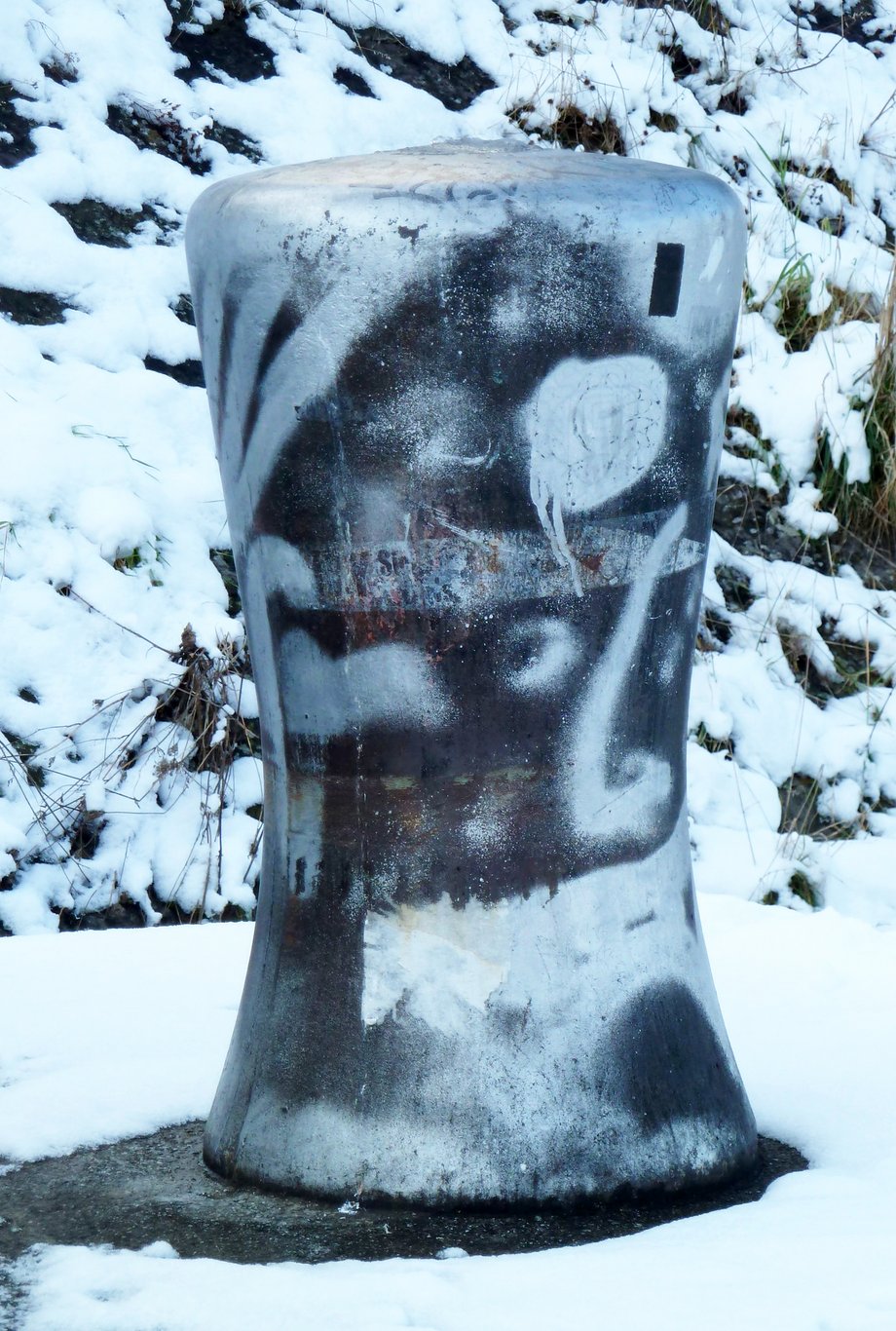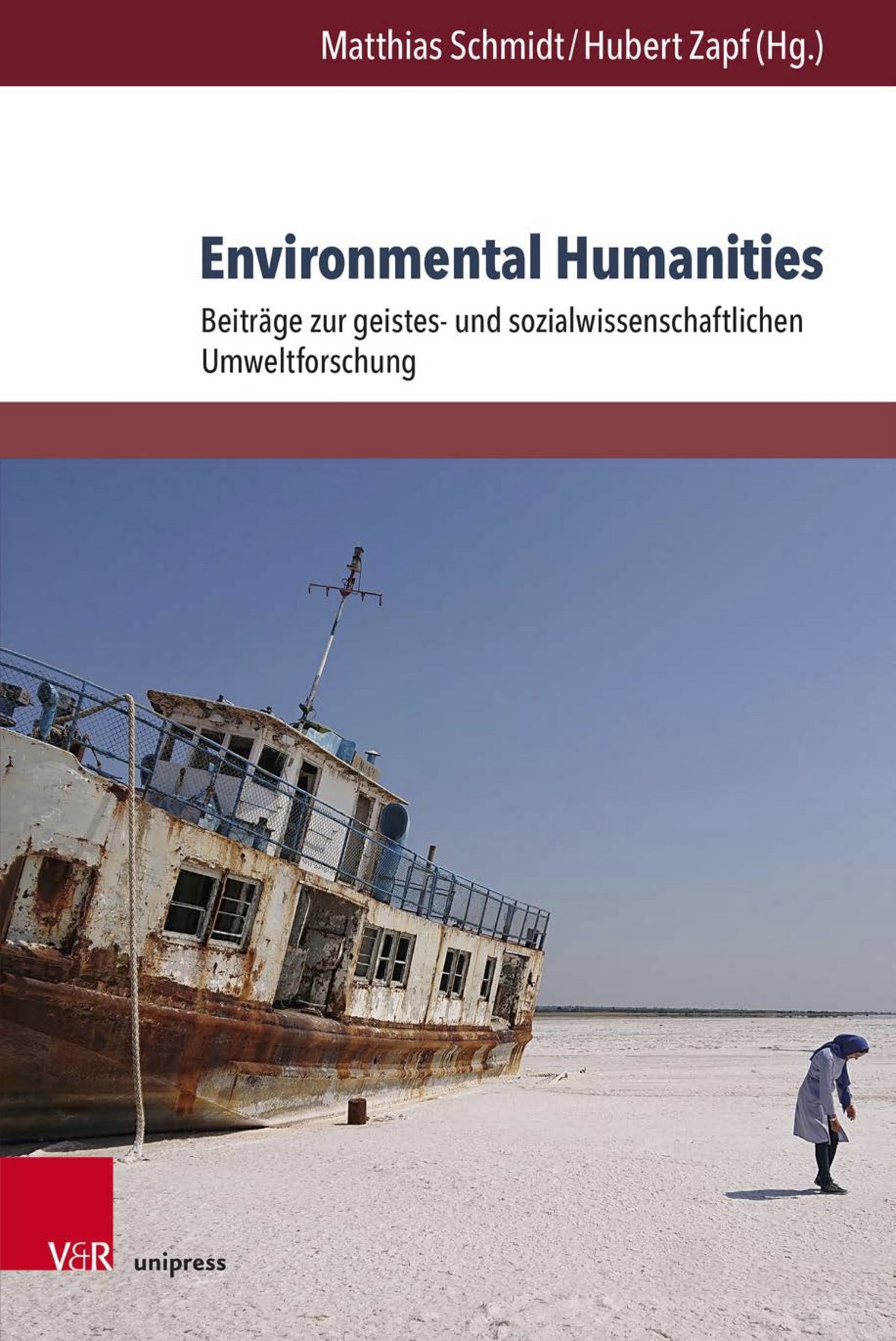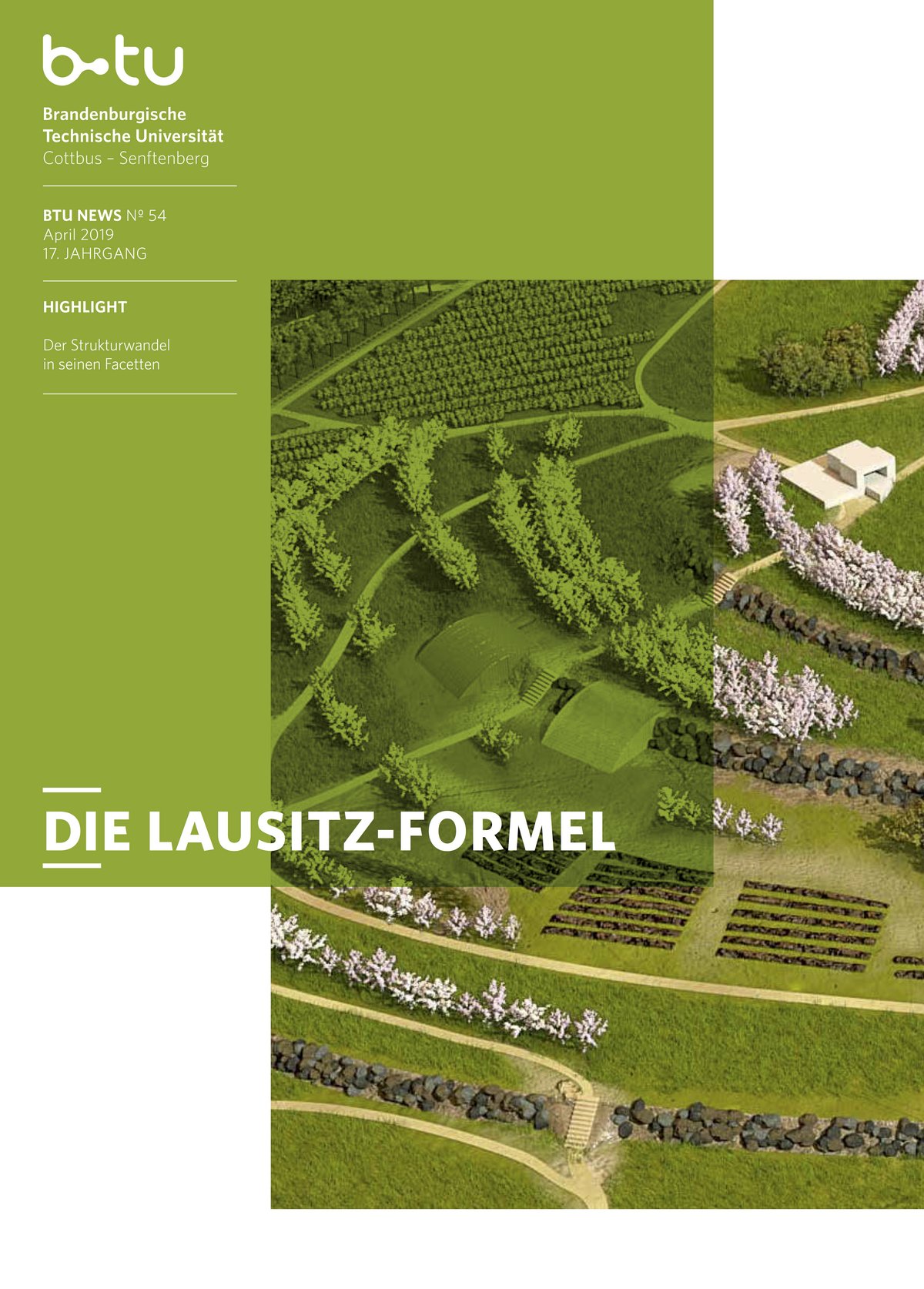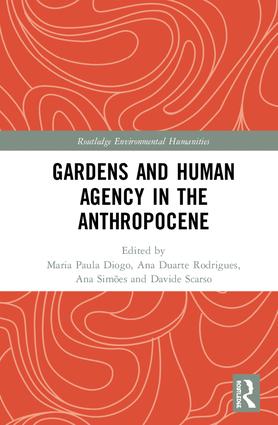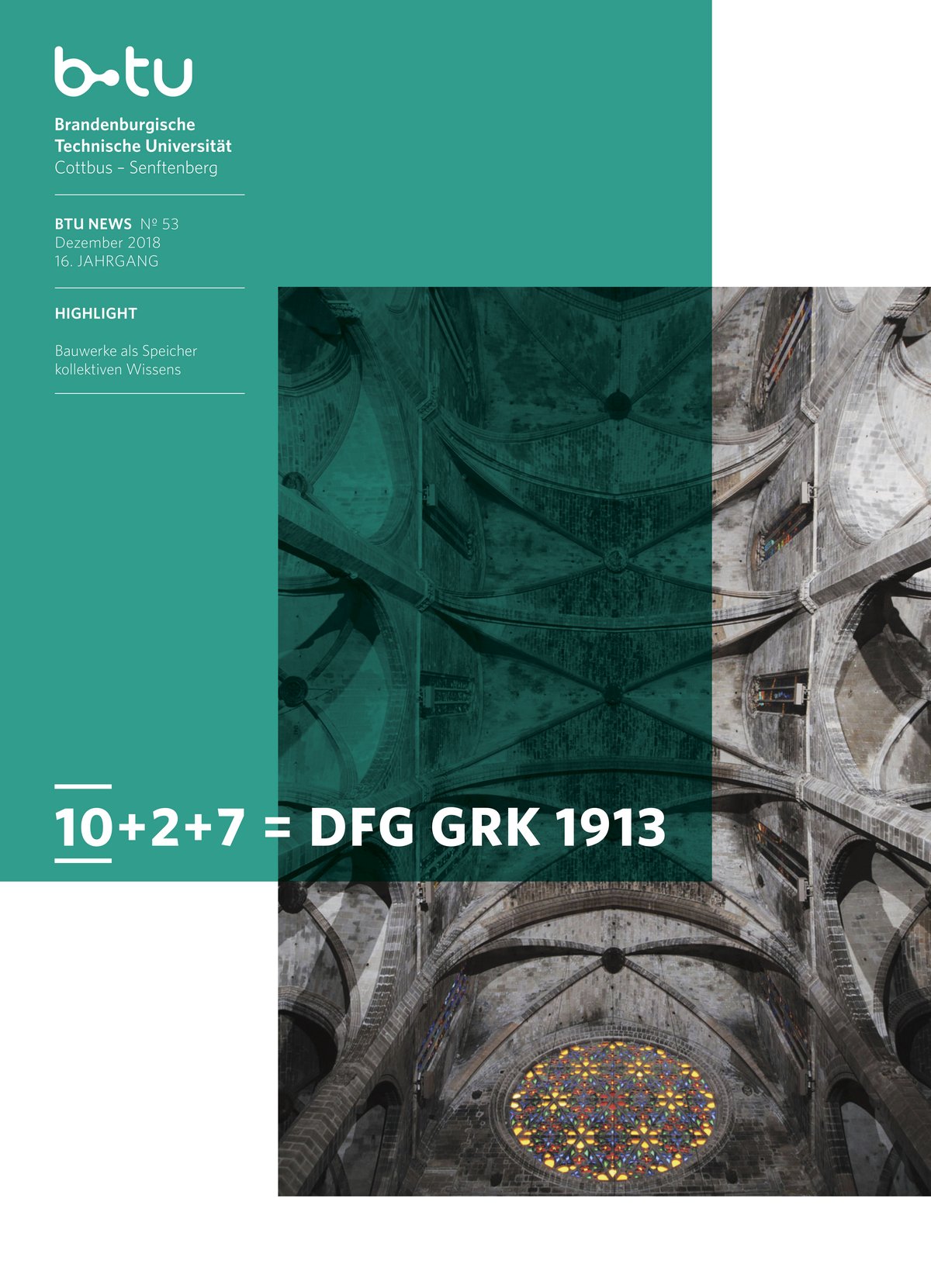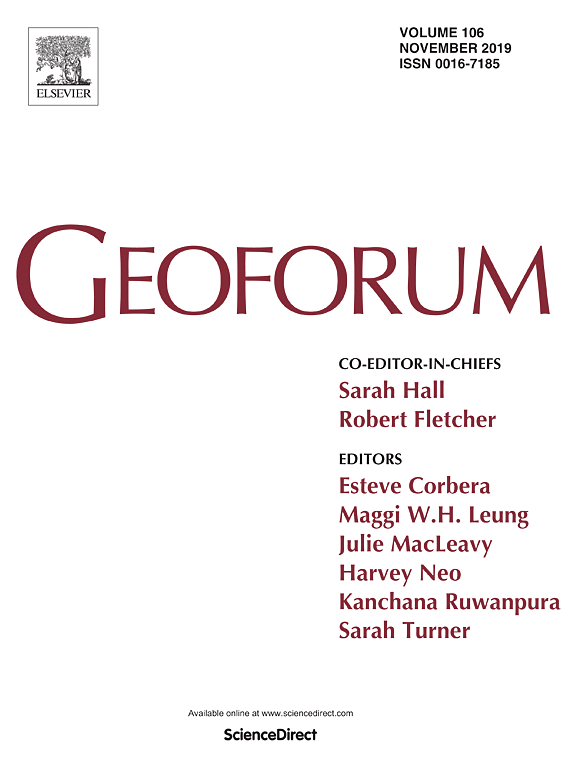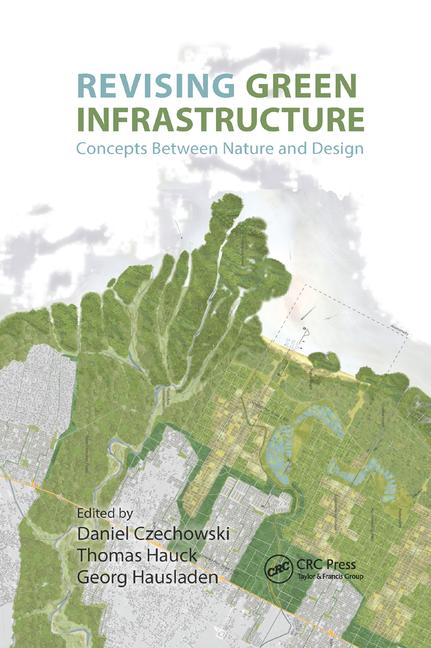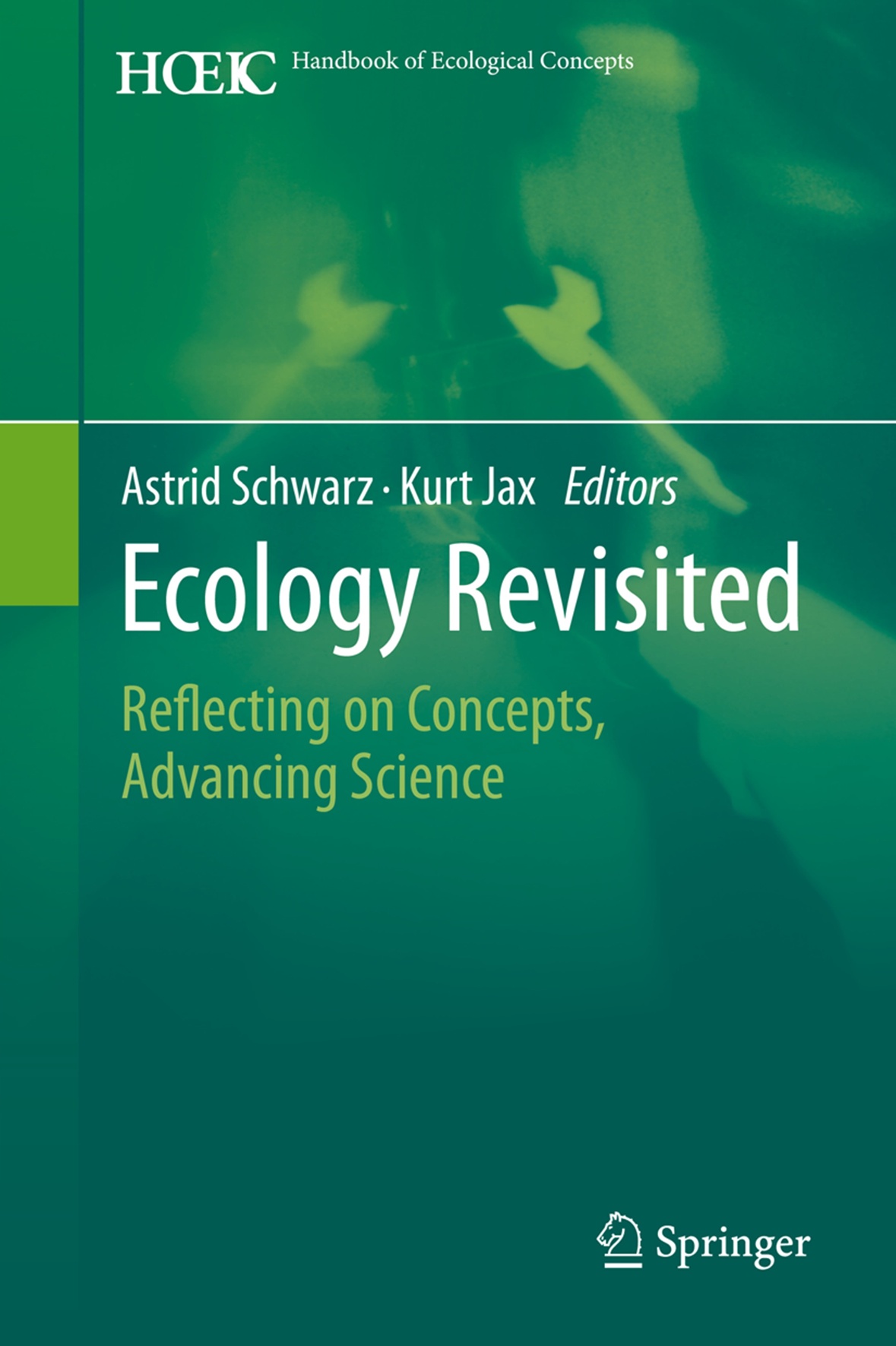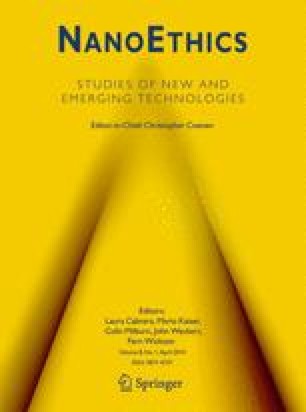Lausatian Rhythms
Sound experience is a central means of connecting with the environment in a variety of ways. Appreciation and care for an environment also often develop based on this knowledge of sonic differences and rhythms. Such an acoustic ecology has also been proposed in the monograph on ‘Energy and Rhythms' (2024) by Gordon Walker, Lancaster University.
Like this project of analysing rhythms for a low-carbon society, we are also interested in socio-cultural structures. Unlike this project, however, we are primarily concerned with the question of local performativity in processes of social appropriation. Our methods are rooted in media and artistic research as well as in participation research. We are interested in the sensitive handling of sounds and rhythms from a wide range of origins and meanings.
Water Extractivism and Dam Cultures
This research project is a comparative study of dam removal processes in the context of socio-environmental transformations that have been taking place in Europe over the past few decades.
The research project has two main objectives. First of all, based on document and content analysis, this study focuses on the co-production of dam removal with sociotechnical discourses and practices at the regional/national level in Germany and Spain. Based on fieldwork with interviews and observations carried out in dam removal sites, the second goal of the project is the study of the co-creation of dam removal processes with technical, environmental, and social expectations at the local level: that is, how water and dams—in their encounters with human and non-human worlds—are experienced and co-constitutive of life forms in particular (local) contexts.
Overall, this research effort aims at revealing the socio-environmental imaginaries that shape and are shaped by past and emergent water and infrastructure cultures surrounding dam removal processes.
This project is conducted by Francesc Rodríguez.
Why Environmental Humanities?
The technologization of the environment and society is undeniable, being evident across time. Using the Environmental Humanities (EH) as a framework, the Master of Arts in Environmental Humanities programme offers a critical reflection on the historical arrangement, current practices, and future visions of technology and the environment. Popular terms such as climate change, anthropocene and technosphere will be closely analysed and unpacked. The EH programme will work to determine how these terms have been defined by the rapid technologization of the environment and humanity's extensive use of technology.
The curriculum of the EH programme is inter- and transdisciplinary, integrating research topics across BTU's faculties. Research focus areas will include questioning the social environment in epistemological, historical, economic and sociological contexts. Accordingly, the research programme will deal with socio-technical innovation and change within society, sustainable development in the built environment, environmental change and migration, social justice and health, ethical aspects of resource management (globalisation), and any other accompanying research on developing technologies. The EH programme will also concentrate on theoretical and practice-based research that analyzes how technology and the environmental interact.
Study Focus
The field of Environmental Humanities at BTU adopts the framework of Transformation Studies (TS), and will explore the theory and praxis of technology studies and the environment. This programme is particularly geared towards students with a background in Transformation Studies and previous experience in Environmental Humanities. The EH programme at BTU will open students to career and research possibilities in the social sciences, environmental and climate politics, knowledge creation and communications, and sustainable business administration for public institutions and across international industries (CITES, MAB, etc.). The EH programme will be offered in English and is open to international applicants.
Further Information
Stories of Objects: Cultural Scientific and Aesthetical Fieldwork
Technical objects betray their cultural contexts. Their genesis is as culture-specific as their usage, be it consumer goods (e.g. smartphone) and technical structures (e.g. mountain cableways) or signatures (e.g. ‘Ampelmännchen’ = little traffic-light men).
In this project, the cultural history of Rhenish ship bollards are investigated. Their diversity is chronicled, as are the varieties of shapes and usages, national production methods and conditions, and networking of local and global trade structures. This serves as a point of departure for thinking about the harbour as a built environment and an urban social space. Bollards may become ‘advertising columns’ with signatures both private and declarative. Bollards are used for fun as well as messaging. Bollards structure space and predetermine visual and topical patterns. Bollards help locations to offer diverse routings and they provide instructions for and means of orientation and movement. Bollards furnish sites. Their localisation is intrusive and trailblazing.
Stories of objects are inseparable from an aesthetic exploration of the heuristics of fieldwork. We seek to develop this method, prove its efficacy and juxtapose it to historical and cultural predecessors.
Project is in preparation.
Ecología Política, 63: 65-69
Rodríguez, Francesc. 2022. Not without otters: the multi-species coalition against hydroextractivism and in defense of the common life in southwestern Costa Rica.
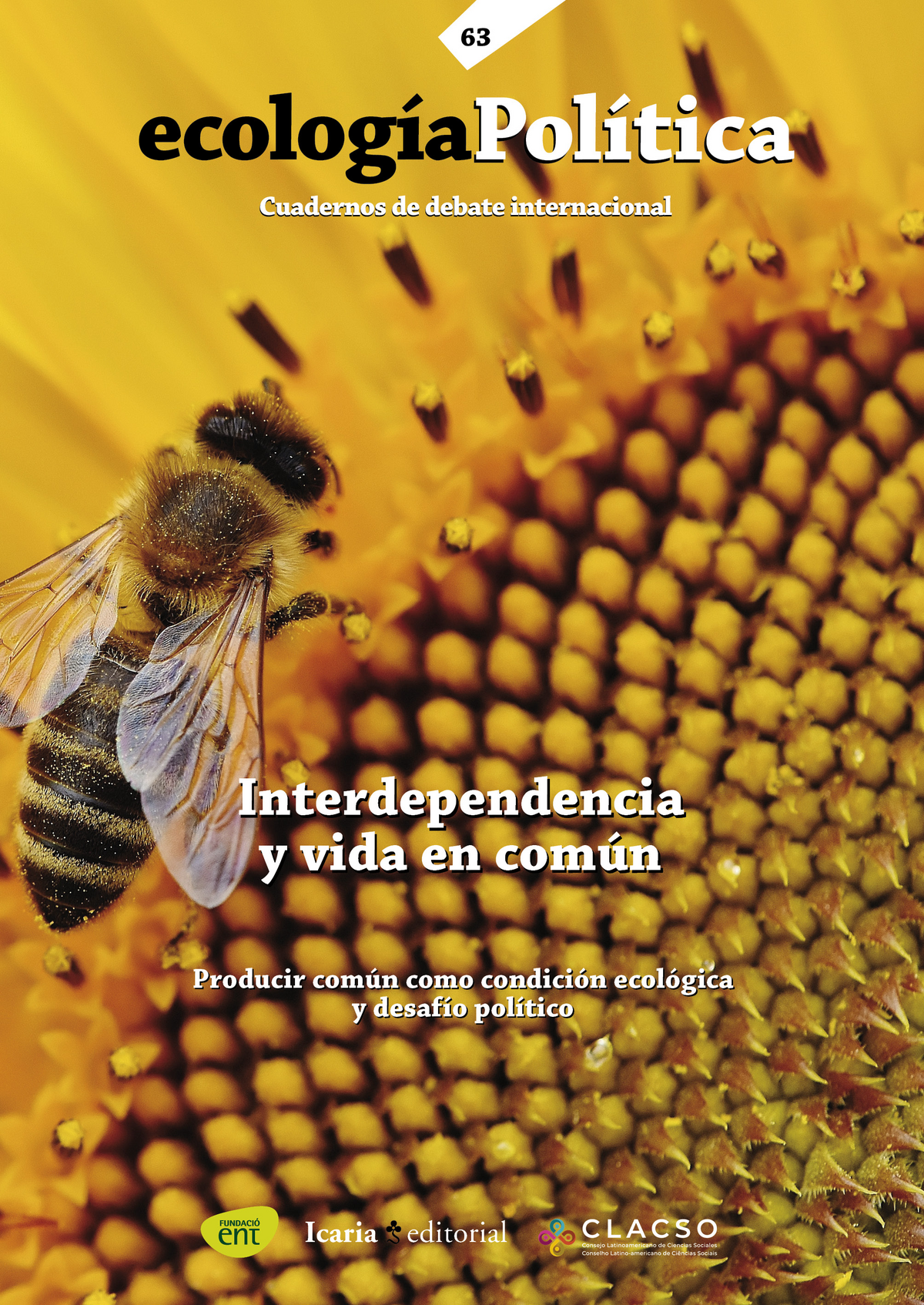
Environmental Humanities. Beiträge zur geistes- und sozialwissenschaftlichen Umweltforschung
Schwarz, Astrid. 2021. ‘Environmental Humanities im Garten: auf der Spur von Technik-Umwelt-Verhältnissen’
In: Environmental Humanities. Beiträge zur geistes- und sozialwissenschaftlichen Umweltforschung, edited by Matthias Schmidt and Hubert Zapf. Schriftenreihe des Jakob Fugger Kollegs für Transnationale Studien Göttingen, pp. 75-91.
V&R.
BTU News 54
Schwarz, Astrid. 2019. ‘Technik und Umwelt’.
BTU News 54: 14.
Gardens and Human Agency in the Anthropocene
Schwarz, Astrid. 2019. ‘From “Homo Faber” to “Homo Hortensis”: Gardening Techniques in the Anthropocene’
In: Gardens and Human Agency in the Anthropocene, Series: ‘Routledge Environmental Humanities’, edited by Maria Paula Diogo, Ana Duarte Rodrigues, Ana Simões und Davide Scarso, Chapter 6.
Routledge.
BTU News 53
Schwarz, Astrid. 2019. ‘Why Environmental Humanities’.
BTU News 53: 42.
Geoforum. Themed Issue: Environmental Management as Situated Practice
2015. Geoforum. Themed Issue: Environmental Management as Situated Practice.
Edited by Ingmar Lippert, Franz Krause und Niklas Hartmann.
Elsevier.
Revising Green Infrastructure. Concepts Between Nature and Design
2015. Revising Green Infrastructure. Concepts Between Nature and Design. Edited by Daniel Czechowski, Thomas Hauck and Georg Hausladen. Abingdon: Taylor & Francis.
Ecology Revisited
2011. Ecology Revisited: Reflecting on Concepts, Advancing Science.
Edited by Astrid Schwarz und Kurt Jax.
Dordrecht et al.: Springer.
NanoEthics
Schwarz, Astrid and Nordmann, Alfred. 2011. ‘„Hier bin ich Mensch, hier darf ich’s sein“: Partaking in the Nanoworld’
In: NanoEthics: Studies of New and Emerging Technologies 5: 233-243,
edited by Laura Cabrera, Mario Kaiser, Colin Milburn, John Wecker and Fern Dickson.
Springer.

